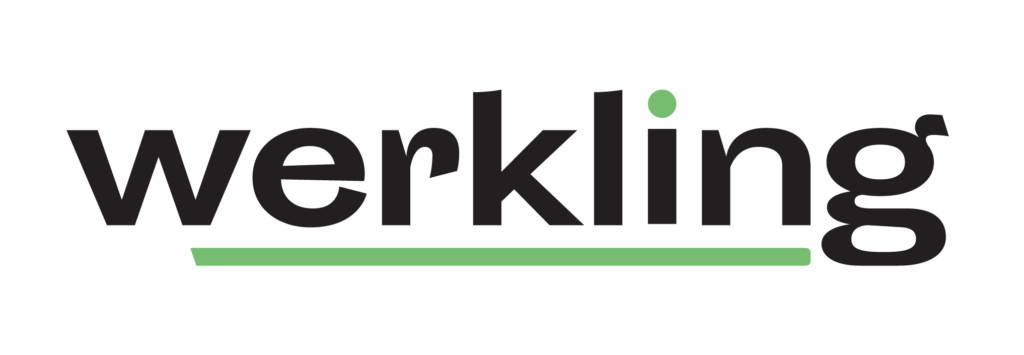There is no question that the way people want to work has changed.
And many employers are stepping up to the plate.
Leading organisations are offering up a smorgasbord of work options from four-day work weeks to an ever-increasing number of leave types, and an ongoing commitment to remote and hybrid work. Beyond flexibility, we have seen broader changes to the experience of work; new collaboration technology, asynchronous work becoming the norm, and a movement towards skills-based and agile team formation.
The modern world of work looks dramatically different from what it did just five years ago.
While the needs of many professionals are being met in new and innovative ways by employers, for some, working as an “employee” is no longer able to meet their needs. Enter the “corporate escapee”.
The “corporate escapee”
The corporate escapee goes by many different names: on-demand talent, freelancer, and independent consultant to name a few. But at their core, they are seasoned professionals with significant in-house experience under their belt who now want to work differently. They don’t want a “job”. They want a portfolio career where they are engaged by different organisations, across different industries to deliver work. This work is not in the form of a job, but deliverables or projects. They want to step in, have an impact, and step out.
With the gig economy expected to reach 51% of the workforce by 2027 and somewhere around 20% of employees considering stepping into the professional gig economy, this is a movement that all organisations should be paying attention to.
The first step is to understand why professionals are making this move.
“In this post-pandemic world, people want to design their life and their work in a different way. Flexibility and ownership of your career is more important than ever before and we are seeing more and more top talent wanting to establish portfolio careers – these are not people in between roles or unable to secure a role but are deliberately making this shift”. – Michelle Fotheringham, Werkling Founder and CEO
Why professionals move towards the professional gig economy
1. Work-life balance: On-demand talent enjoy the flexibility that comes with being self-employed. They have the ability to set their own schedule, decide how much they work, when they work, and where they work.
Werkling Karen says: “I plan my workload around school terms and school holidays. I always hold a lighter workload and fewer projects during school holidays, carving out time to spend with my children.”
2. Variety: Working in the professional gig economy allows on-demand talent to work on a variety of projects for different clients, across different industries. This diversity and not being bound by the one job in the one organisation is appealing to many.
Werkling Denis says: “Stepping into a new organisation to help them solve a problem is a total buzz. Having variation in the projects and organisations you are working with keeps work challenging and rewarding.”
3. Autonomy: On-demand talent have more control over the work they take on. They can choose projects that play to their strengths and organisations that align to their values.
Werkling Maree says: “I am quite intentional about the projects that I take on. I want to do the sort of work where I know I will have the greatest impact and I can add real value to organisations. I also lean towards work that I personally find energising and rewarding.”
Looking forward
Bother Leaders and Talent teams must pay attention to this trend. The rise of the professional gig economy has very real implications for how they design work and access talent. After all, this is a talent segment who are not going to be applying for that vacant job.
If would like to understand more about on-demand talent trends and the implications for your team or organisation, please book a consultation with the Werkling team.

